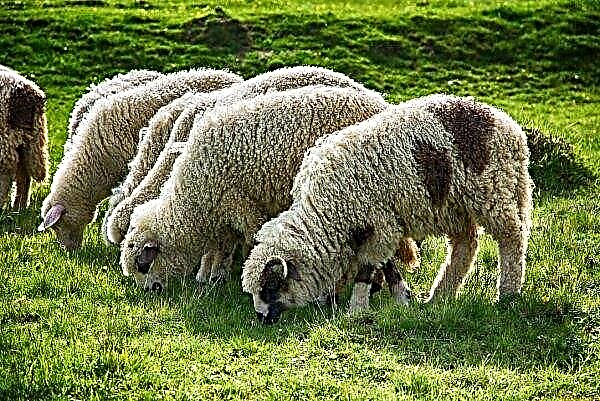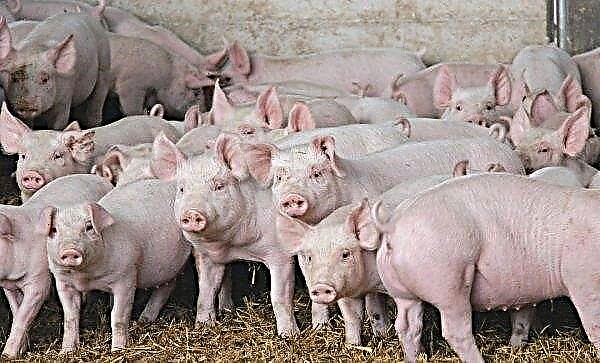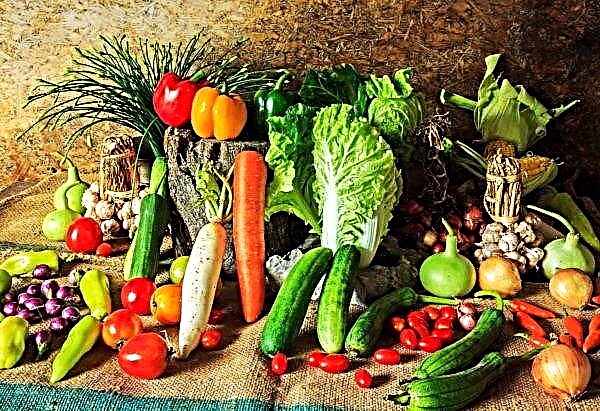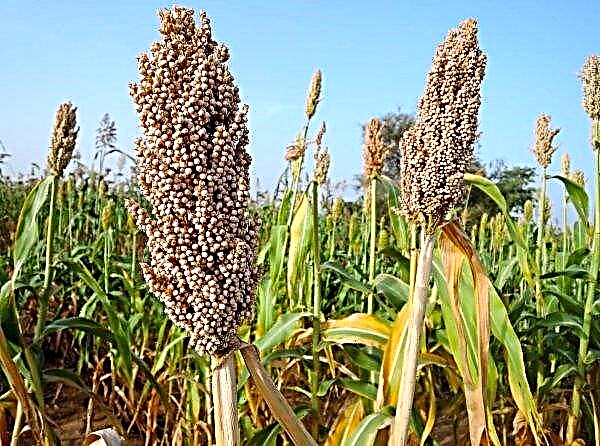Studies conducted by the Greenpeace research laboratory at Exeter University in reservoirs and canals of ten European countries have revealed more than 100 pesticides in them, a quarter of which are banned in the European Union.
During the research, samples were taken from 29 reservoirs of Great Britain, Austria, Belgium, Germany, Denmark, France, Italy, the Netherlands, Poland and Spain. Each tested pond contained pesticides, and in most samples veterinary preparations were also identified.
In 13 reservoirs, the concentration level of at least one pesticide was higher than the permissible European standards. The most polluted was the Belgian canal, which contained 70 pesticides.
“There is very great uncertainty about how these mixtures of chemicals can affect wildlife and human health. Even if the chemicals are in concentrations that cannot individually cause concern for human health and wildlife, it is not yet known what cumulative effect the combined effects of these harmful chemicals can have, ”said Dr. Jorge Casado, Research Director.
Dr. Paul Johnston, co-author of the report, stated that dependence on pesticides and veterinary drugs should be reduced through more sustainable agriculture.












